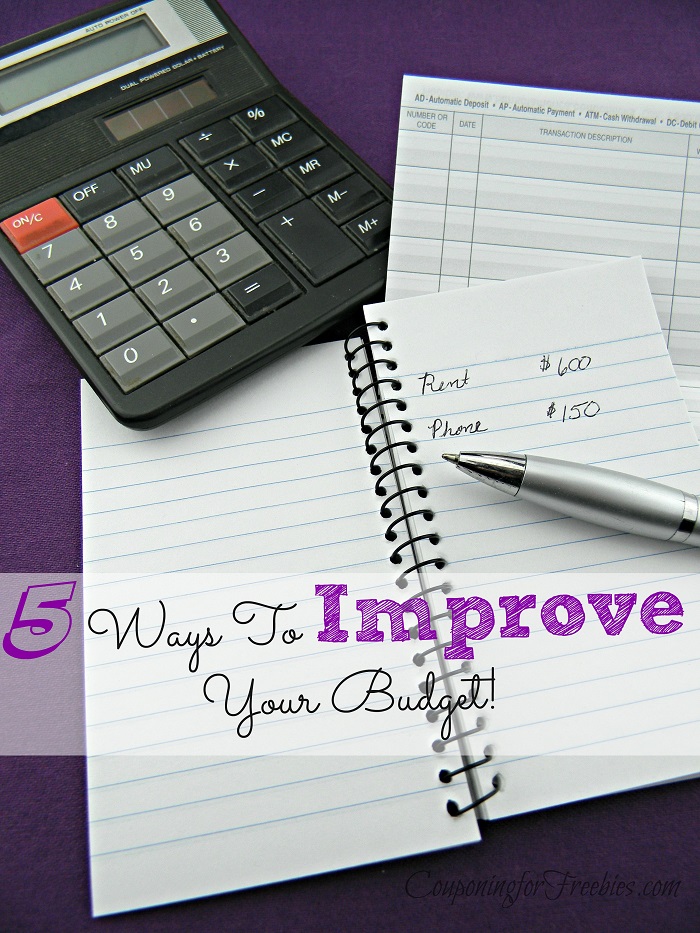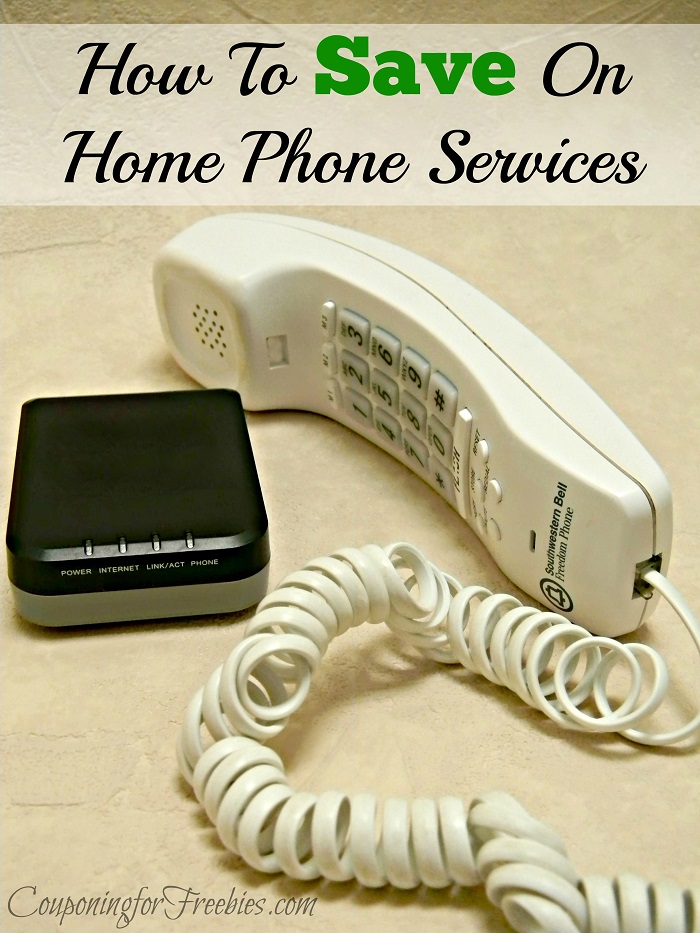Wednesday’s Weekly Savings Tips: 5 Ways to Improve Your Budget

This weeks Wednesday’s Weekly Savings Tips is on, 5 Ways to Improve Your Budget! Not sure what weekly tips are? You can read what they are about here.
5 Ways to Improve Your Budget
If you want financial stability, you need to have a budget. Budgets are helpful because they allow us to know just how we stand financially, letting us easily see how our money is flowing and letting us make adjustments to improve our finances. But a lot of budgets could be even more helpful with just a few adjustments! If you’d like your budget to be the best it can be, take a look at these 5 Ways to Improve Your Budget!
1. Save for Emergencies:
Does your current budget include money set aside to save for emergencies, or does it just handle your typical day-to-day expenses? If your budget isn’t helping you save for unplanned emergency expenses, that’s a major element you need to work on. Having a budget that doesn’t include emergency savings won’t do you any good if something big suddenly needs to be repaired or replaced. Use your budget to find excess money that you could be putting away into an emergency fund and you’ll prevent yourself from having to go into debt because of a future financial surprise!
2. Cut Unnecessary Expenses:
An easy way to improve your budget is to look through it for unnecessary expenses and to remove those expenses. Do you notice that you’re budgeting money to subscribe to a magazine you never read? Cancel the subscription and cut that expense from your budget. Use the money left over from cutting expenses to pay down debt, to save for future purchases, or to build an emergency fund.
3. Set Up Your Budget Better:
Is your budget really less of a budget and more of a general guideline you scribbled on a scrap piece of paper? If so, you can easily improve your budget by setting up your budget better. Take some time to really think it through and make a proper paper budget. If you already have a paper budget, how about improving your budget even more by getting a professional budgeting tool? Software like Quicken or a website like Mint can help you set up your budget really well, allowing you to see exactly where money is coming from and where it’s going. The better you can understand your current financial situation, the better your budget can work!
4. Include Small Income Sources and Small Expenses:
A good budget includes all income and expenses. Maybe you sell a few things on Etsy or sometimes eBay. And maybe you buy a snack at the gas station once a week. It’s all a flow of money, so it all needs to be accounted for in your budget. Track the small things and you may be surprised! Maybe your fun little Etsy or eBay hobby is actually bringing in more than you thought, and maybe those weekly gas station visits are costing you more than you imagined. You won’t know if you don’t include them in your budget!
5. Learn from the Past:
If you want to improve your budget, then you have to make sure you’re learning from the past and including that knowledge in your budget. If you were budgeting last year, try to find your old budgets and see how things worked out at this time last year. Did you have any unexpected expenses that may occur again this year? Did you not budget enough for a planned expense last year that you know is coming up again this year? Learn from your budgeting mistakes in the previous years and use them to make this year’s budget even better!
Is your budget already working well for you?
Be sure you stop by every Wednesday at 10 am, to see what savings tips we will be sharing with you that week. You will be able to find them all here in our Wednesday’s Weekly Savings Tips category after they are published.




